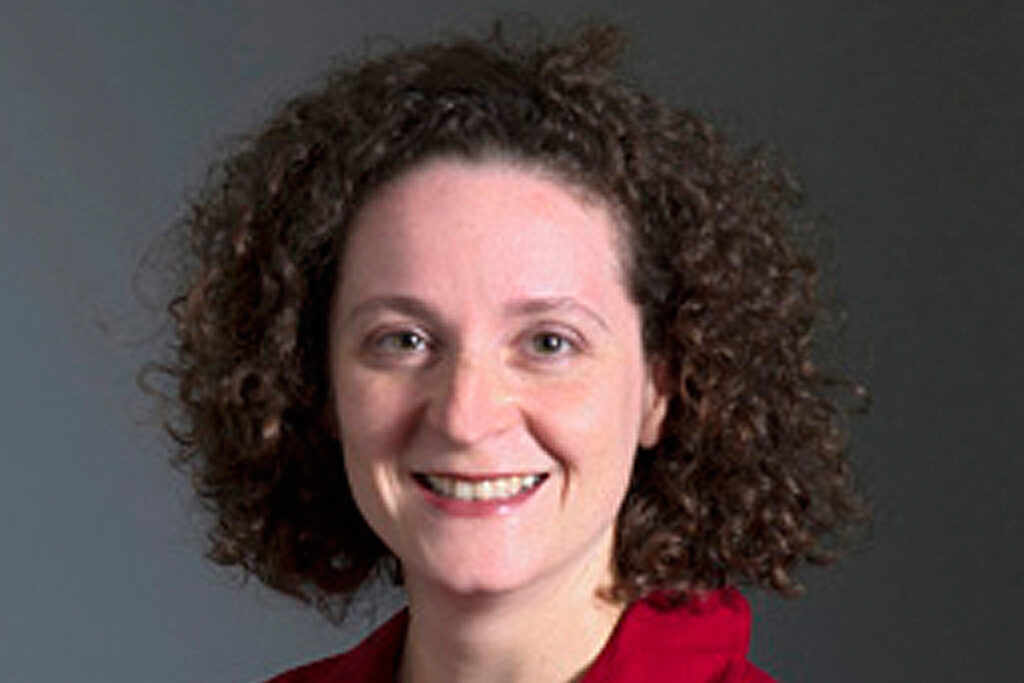Grossman Wins Funding to Study Conversation ‘Success’ in Autistic, non-Autistic Teens

Communication Sciences and Disorders Professor Ruth Grossman is one of five investigators receiving a $2.5 million grant from the National Institutes of Health (NIH) to study and define what makes a conversation “successful,” information that can then be used to bolster communication efficacy for autistic and non-autistic teens.
“Ready to CONNECT: Conversation and Language in Autistic Teens,” funded by the NIH’s National Institute on Deafness and other Communication Disorders, will be conducted by Grossman, as well as Inge-Marie Eigsti (University of Connecticut), Julia Parish-Morris (Children’s Hospital of Philadelphia), and Ethan Weed and Riccardo Fusaroli (Aarhus University, Denmark).
The grant is based on the fact that 70 percent of autistic people demonstrate age-appropriate language and cognitive abilities on standardized tests, but have difficulty communicating during face-to-face interactions, which negatively affects social, academic, and occupational outcomes.
“Ready to CONNECT” will pair 560 autistic and neurotypical adolescents (ages 12-15) – all of whom have age-appropriate scores on standardized tests — in different configurations (autistic/neurotypical, autistic/autistic, neurotypical/neurotypical) for informational and collaborative conversations.
Afterward, participants will rate their partners on subjective social metrics (likeability, boredom, etc.) and conversational success metrics (turn-taking, mutual appreciation), as well as obtaining scores of third-party raters. The researchers will also analyze the language use, prosodic range, pause duration, linguistic alignment, and other communicative features of the participants.
“By combining traditional standardized language tests with innovative psycholinguistic measures derived from spontaneous natural conversations, a key output of this project will be clinically useful and ecologically valid profiles of communication strengths and weaknesses that can be used to inform personalized interventions focused on improving autistic adolescents’ conversational success,” according to the abstract.
Most of the data collection will occur online, but some adolescents will participate in the study on location at each of the three US-based institutions, including Grossman’s FACE Lab at Emerson.
“Some of the funding will support an advisory panel of autistic stakeholders who will be involved in all aspects of the project. This means that the full research team will include a wide variety of areas of expertise, skillsets, and viewpoints, which makes this project particularly exciting for me,” says Grossman.
Grossman currently is on leave from Emerson on a Harvard Radcliffe Institute Fellowship, where she is working to reframe how we understand the intersectionality of autism and gender to allow for better inclusion of autistic females in research, advocacy, and service delivery.
Categories